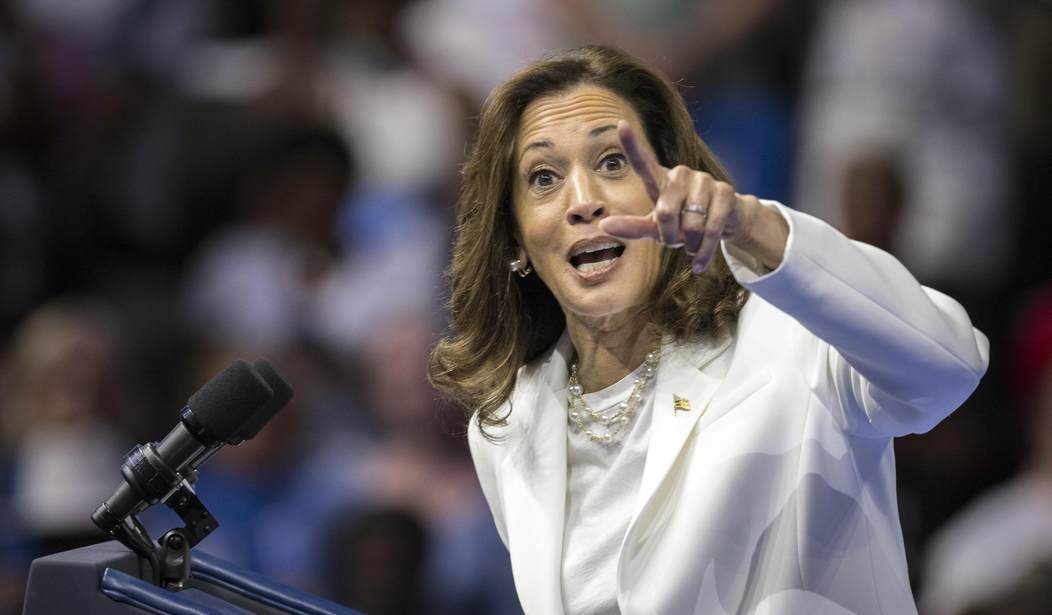Making a living as a professional comedian is a brutally difficult job: You’ve gotta stand before strangers and make them laugh. Over and over again. Getting in a room full of strangers and giving a regular speech is intimidating enough; good luck being so creative and original that you also bowl them over with laughter.
If you’re a professional comedian performing at a comedy club, not only must you out-funny the guy next to you, but you’re also competing against George Carlin, Richard Pryor, Sam Kinison, and Chris Rock. If someone’s a big enough comedy fan to patronize a comedy club, it’s highly probable they’ve already sampled the greatest hits of the greatest comedians of all time. No worries, you can be funnier than Carlin and Pryor, right?
Good luck with that.
Now, imagine all of the above, but with one important caveat: You have to perform in front of strangers and make them laugh uproariously… without saying a word.
It sounds impossible, but a few comedians have pulled it off. In the early days of cinema, movies were silent, so it was a necessity. “Silent Comedy” superstars like Charlie Chaplin, Buster Keaton, and Laurel and Hardy relied on sight-gags and physical comedy to tickle your funny bone. Even after the advent of “talkies,” comic actors like Benny Hill performed some of their most beloved sketches without any dialogue. It turns out you don’t need words to generate the guffaws. Funny is funny.
In recent times, the most successful example of silent comedy is Mr. Bean.
Created and performed by Rowan Atkinson, Mr. Bean is a manchild in an uncomfortable, ill-fitting suit, who lurches and shuffles from one calamity to the next. The stakes are never too high: Mr. Bean isn’t trying to save hostages from crazed gunmen, or anything of the sort. James Bond, he’s not. Instead, he’s attempting to extricate himself from a series of social SNAFUs — those socially awkward moments we’ve all experienced.
Even without a single spoken word, Mr. Bean is hilarious. And insanely popular, too: Billions of online views, multiple feature films, a TV show in 245 countries/territories, and an animated spinoff.
It’s so spectacularly successful worldwide because humans have a sharp ear for socially awkward people and situations.
This is how humanity evolved: In a world filled with predators, your neighbors were your safety net. You relied upon them for survival. Should they ever decide to exclude you — no matter the reason — it would effectively be a death sentence. Just as social groups choose who to include, they also choose who to exclude. Our fear of being expelled probably evolved hand-in-hand with the advent of the first society.
Even today, the idea of our family and/or community judging us is our most primal social phobia. It’s why we’re so afraid of speaking before a group: Fear of speaking in public is America’s biggest phobia. (As Jerry Seinfeld pointed out, “People’s number one fear is public speaking. Number two is death. This means, to the average person, if you go to a funeral, you’re better off in the casket than doing the eulogy.”) We hate being scrutinized and singled out.
It’s a fear so native — so rudimentary to our psyche — that the Democratic Party actually spent the past several months campaigning on the idea that their opponents were “weird.”
This brings us to the upcoming debate.
Kamala Harris is a performative politician. She tries to mirror her supporters, mimic their mannerisms, and hope that they relate to her. Her accent, it seems, comes and goes with her audience. Kamala’s supporters will argue that this is totally normal; all politicians try to connect with crowds. Cheap theatrics are just par for the course.
Others might point out that her behavior is indicative of an empty vessel — a soulless grifter who can assume any shape since she has no core convictions of her own.
Regardless, the fact remains that presidential debates are performative presentations. Most people will consume the content visually. So that’s how we must evaluate them.
Donald Trump’s advantage is that he’s a natural-born performer with a sly, subversive charm. He’s not perfect: Sometimes, he gets oddly nasally and moves in slow motion; other times, he’s scattershot and repetitive. But he’s always been a powerful salesman, entertaining as hell — and after being in the public eye for nearly half a century, he’s a known quantity to his audience. For better or worse, nothing he says or does is weird anymore; it’s just Trump being Trump.
But Harris? Hoo boy…
Without an audience, there’s no one to mirror: No faces to play off of, no crowd reactions to help her calibrate her performance. Instead, she’ll have to rely on her own ear.
It’s a balancing act that she clearly hasn’t mastered yet. If she had, the Democrats wouldn’t continue to keep her under bubble wrap. They know — just as we all know — that Harris can recite speeches just fine, but she can’t improv to save her life. When it comes to speaking extemporaneously, connecting with an audience, and acting like a normal human being, Harris is out of her element. She’s awkward and unsocial. It comes across as not just fake — but condescendingly fake — like she doesn’t even respect you enough to put more effort into her fakery.
At Tuesday’s debate, Donald Trump just has to be Donald Trump. Kamala Harris can’t help but be Mr. Bean.
Only this time, Mr. Bean won’t STOP talking.










Join the conversation as a VIP Member